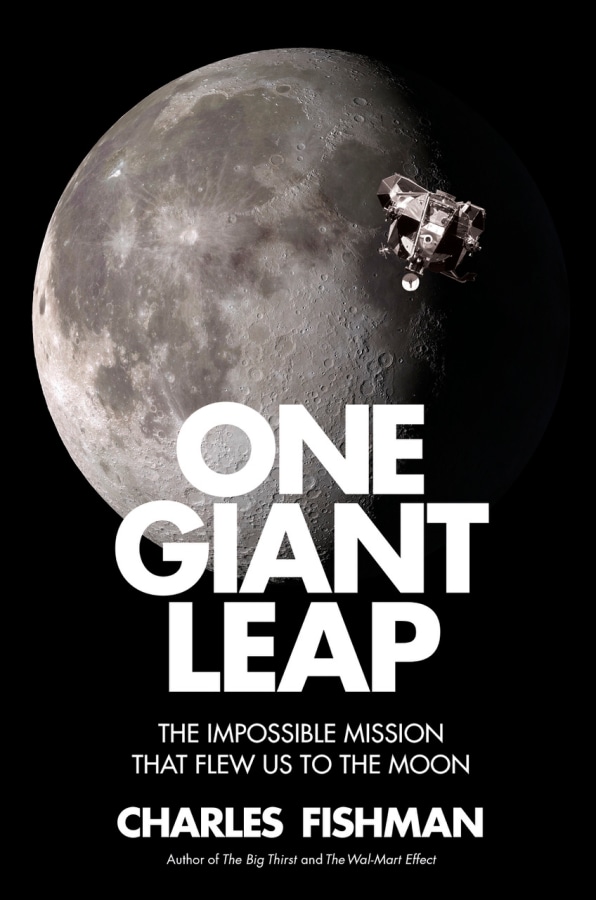
Korolev was the man who was behind many of the soviet space successes and the head of the OKB-1 design bureau, he over saw sputnik, and the manned missions including the first man in space Yuri Gararin. He was Sergei Pavlovich Korolev, outside the inner circle of the top space scientists he was known only as the “Chief Designer” or by his first 2 initials SP, because the Soviet leadership feared that the western powers would send agents to assassinate him. So when Kennedy made his now famous “We choose to go to the moon” speech in 1962 to rally public support, Khrushchev’s response was silence, neither confirming nor denying that they had a plan for a manned moon mission.īut at the time Khrushchev wasn’t really interested in competing with the US over the moon, he was more interested ICBM’s the Intercontinental Ballistic Missiles for the strategic rocket forces.īut there were others that had harboured plans for manned mission for a long time, these included the man whose name was a state secret and the most powerful man outside the Kremlin when it came to space. So why didn’t Russia put a man on the moon?Īt the time the soviets were leading the space race, they had already started with the launch of Sputnik, then launched several probes to the moon, including one in 1959 that orbited and taken photos of the far side and By 1961 they were the first to put a man in to space. In Launius’s paper, published in the journal Space Policy, he references a 1965 poll in which more than half of respondents ranked issues like national defense, education, anti-poverty programs, and even water desalinization research as more worthy of government spending than space exploration.It’s probably the most well known peacetime battle between the USA and the Soviet Union, in both technological and ideological terms of the 20 th century.Īlthough the USA won the race to the moon, if you’d been a betting person from the mid 1950’s to 1960’s, the chances are that you would have thought the Soviet Union had a very good chance of getting there first. In 2003, space historian Roger Launius reviewed public opinion polls about space exploration between the 1960s and 1990s, uncovering Americans’ deep skepticism of space exploration. A majority of the public was not convinced that space exploration was an important enough issue to merit funding, and that the billions being spent at NASA should instead go towards fixing other social ills. The public was not wild about NASA’s lunar program, either. “This is-whether we like it or not-an intense race.” In a 1962 White House meeting just a couple months after his famous moon speech, Kennedy told NASA administrator Jim Webb that he was “not that interested in space” and that the “fantastical expenditures” of the lunar program had “wrecked our budget.” Kennedy said that his main motivation to keep the lunar program going was political: In the midst of the Cold War, getting to the moon before Russia was a priority. Indeed, despite his moving words, Kennedy himself didn’t have that much faith in space exploration.
#FIRST MAN ON THE MOON RUSSIA MOVIE#
The movie showcases a range of objections to the moon mission, via scenes featuring protesters, doubtful newspaper headlines, and, memorably, a recitation of Gil Scott-Heron’s poem “ Whitey on the Moon.”

Now that often-neglected piece of American history is being brought back to the forefront of cultural memory thanks to First Man, the new Neil Armstrong biopic. So it makes sense that, despite Kennedy’s declaration of a nation with a united vision, a large number of Americans were skeptical of the lunar missions or outright opposed them. And it cost us not only billions of dollars, but the lives of three Apollo astronauts. But it was very hard: An estimated 400,000 engineers played a hand in putting man on the moon. Now we know the ending: Americans did, indeed, make it to the moon, and that makes it easy to look back at the Apollo missions with rose-colored glasses.

“We set sail on this new sea,” he said, “because there is new knowledge to be gained, and new rights to be won, and they must be won and used for the progress of all people.”

“We choose to go to the moon in this decade and do other things, not because they are easy but because they are hard,” Kennedy said, going on to suggest that Americans were pushing the limits of space exploration because the desire to discover and learn was in their nature. Kennedy famously offered up an explanation about why NASA was setting its sights on the moon.


 0 kommentar(er)
0 kommentar(er)
